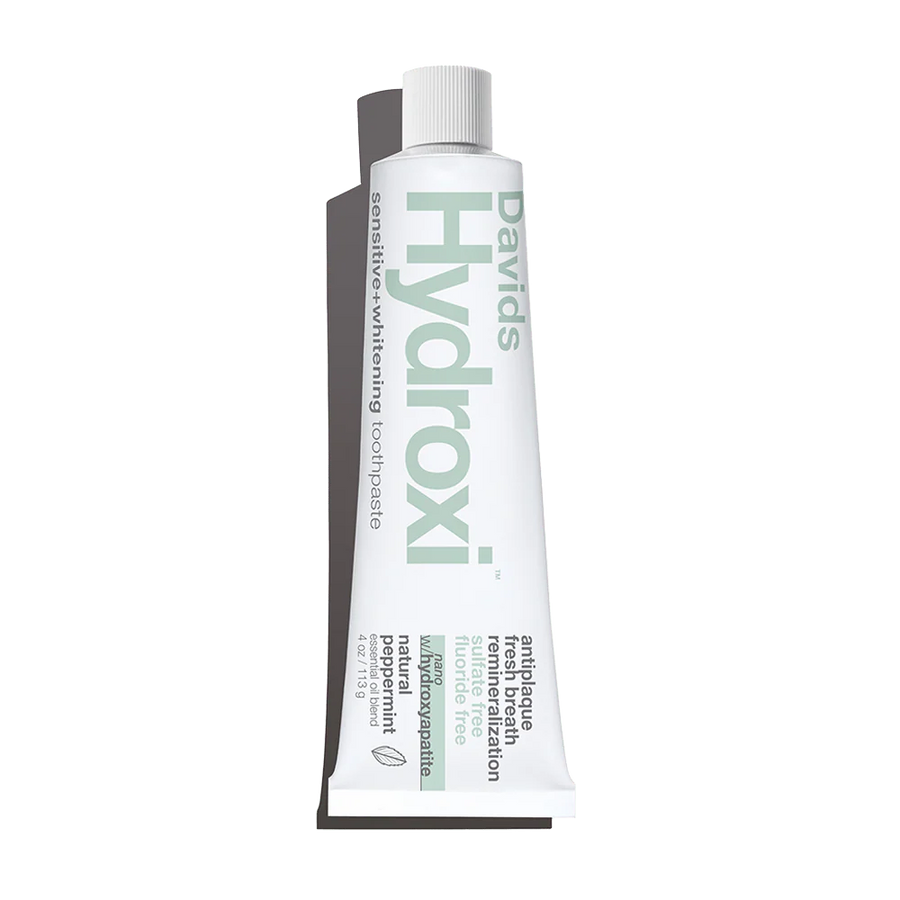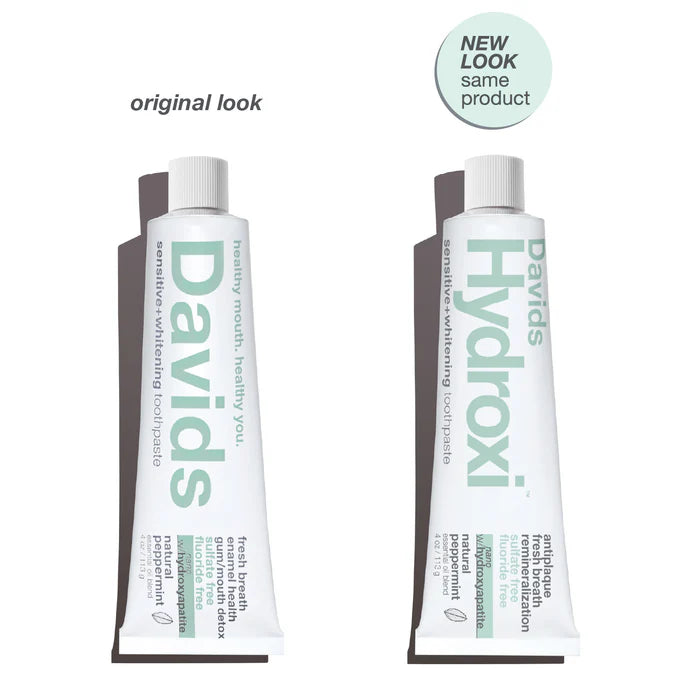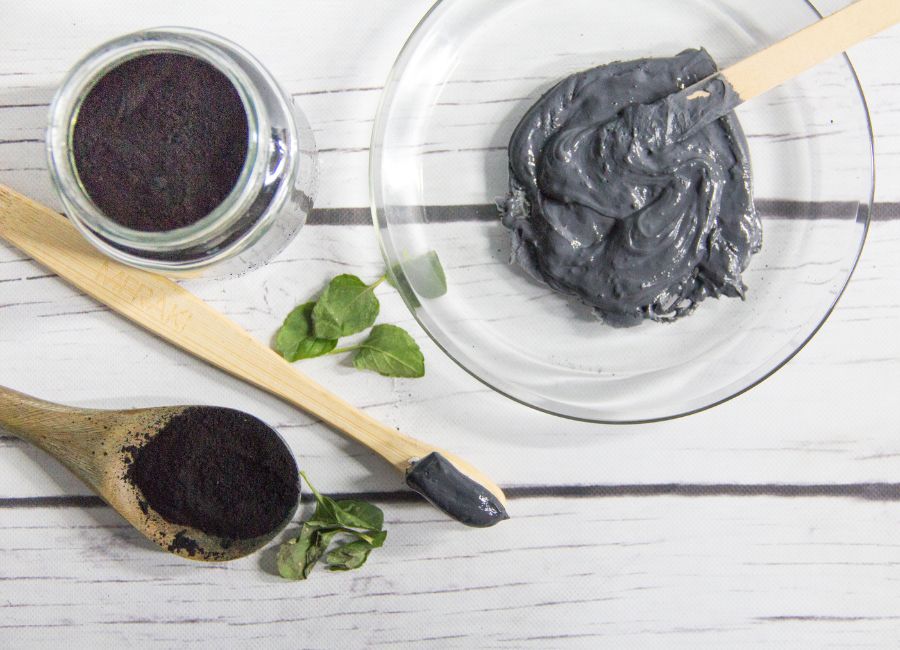Unveiling the Truth: Common Misconceptions About Toothpaste

When it comes to oral hygiene, toothpaste is a staple product found in nearly every bathroom across the globe. Its importance in dental care is undisputed, but there's also a cloud of misinformation surrounding this everyday item. In a world inundated with an array of toothpaste types and brands, it's easy to fall victim to common myths. This blog aims to set the record straight, debunking misconceptions and giving you the knowledge you need for a healthy, vibrant smile.
Myth 1: More Toothpaste Means More Cleanliness
Many people believe that slathering a large amount of toothpaste on their brush will result in cleaner teeth. Contrary to this belief, a pea-sized amount is generally sufficient for effective cleaning. Using excessive toothpaste can lead to quicker depletion of the product and doesn't necessarily improve its efficacy.
Myth 2: All Fluoride is Harmful
Fluoride has been the subject of much debate, particularly in relation to its safety. While it's true that excessive fluoride consumption can result in dental fluorosis, a cosmetic issue affecting tooth enamel, the amounts present in toothpaste are generally safe and beneficial for the vast majority of people. Fluoride aids in the remineralisation process, which strengthens tooth enamel and helps prevent cavities.
Myth 3: Whitening Toothpastes Can Replace Professional Whitening Treatments
While whitening toothpastes can remove surface stains, their effects are limited compared to professional treatments. These toothpastes primarily use mild abrasives to scrub away discoloration, but they can't alter the natural color of your teeth or address deeper stains.
Myth 4: Toothpaste is Only for Teeth
Many think toothpaste should only be used on the teeth, but it's essential to remember that gum health is just as critical as tooth health. Some toothpaste varieties contain ingredients that are specifically designed to improve gum health. Therefore, applying toothpaste along the gum line and using a proper brushing technique can benefit your gums as well.
Myth 5: Natural Toothpastes Are Always Better
The term "natural" can be quite compelling for health-conscious consumers, but it's crucial to understand what it means in the context of toothpaste. Natural toothpastes may avoid certain chemicals, but they also might lack fluoride, which is a proven cavity-fighting ingredient. Always evaluate the needs of your oral health condition before making a switch.
Myth 6: Sensitive Teeth Require Specialised Toothpaste Forever
While toothpaste for sensitive teeth can be a godsend for those suffering from discomfort, it doesn't mean you are tied to using this type of toothpaste for life. Sensitivity can be a temporary condition triggered by various factors like gum recession or enamel erosion. Consult your dentist for a proper diagnosis and treatment plan.
Myth 7: Children and Adults Should Use Different Toothpaste
While it's true that young children should use a fluoride-free toothpaste until they can spit effectively, older children and adults can often use the same toothpaste. Adult toothpaste is generally suitable for children above the age of six, provided it has received approval from reputable dental organizations.
Myth 8: Expensive Means Effective
High cost does not always equate to high effectiveness when it comes to toothpaste. Often, you're paying for a brand name or specialized ingredients that may not be necessary for your oral health. Some less expensive brands are just as effective in providing the essential benefits of cavity protection, plaque removal, and fresh breath.
Myth 9: Toothpaste Can Repair Cavities
Although some toothpaste claims to "remineralise" enamel, no toothpaste can replace the professional treatment needed to deal with cavities. If you suspect you have a cavity, it's crucial to consult a dentist for appropriate treatment.
Misconceptions about toothpaste can easily lead us astray in our quest for optimal dental health. By understanding the realities behind these common myths, you can make informed choices, optimising the effectiveness of your daily oral hygiene routine. Don't forget, regular dental check-ups are irreplaceable and serve as the cornerstone for maintaining a healthy smile!









